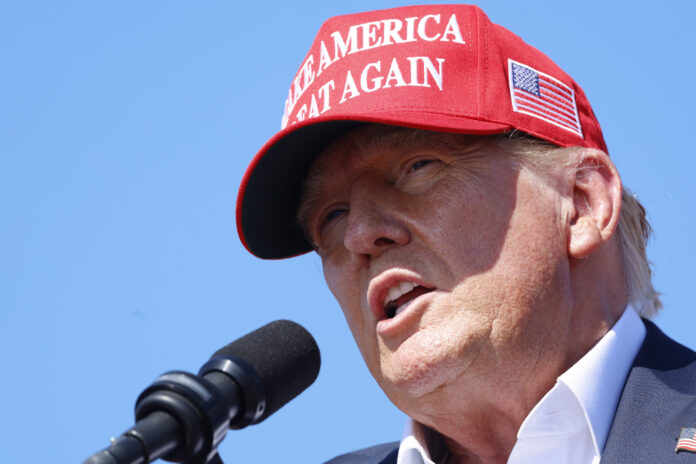Summary:
Key Falsehoods or Claims: The article discusses how Donald Trump has established his own media network, which has been pushing falsehoods and conspiracy theories to his loyal supporters. It highlights the various lies and misinformation spread by the network, such as false claims about the 2020 election being stolen and conspiracy theories about COVID-19.
Source: The article appears to be from a neutral outlet, Al Día News, covering the impact of Trump’s media network on public opinion and democracy.
Analysis: The falsehoods and conspiracy theories propagated by Trump’s media network have had a significant impact on public opinion, as evidenced by polling data showing a large percentage of Republicans believing in the election fraud claims. This poses a threat to democracy by undermining faith in the electoral process and fostering division within the country.
Potential public reactions or political outcomes: The article does not explicitly outline hypothetical public reactions or political outcomes, but it can be inferred that the dissemination of lies and conspiracy theories may continue to polarize the public and potentially influence voter behavior in future elections.
Further reading: Readers interested in further understanding the impact of media influence and misinformation on public opinion and democracy can explore reputable sources such as studies from the Pew Research Center, Harvard Kennedy School’s Shorenstein Center on Media, Politics and Public Policy, and the RAND Corporation.
Overall, the article provides valuable insights into the dangers of Trump’s media network spreading falsehoods and conspiracy theories, and emphasizes the need for critical analysis and media literacy in the face of such threats to democracy.
Source link
Redirect URL
